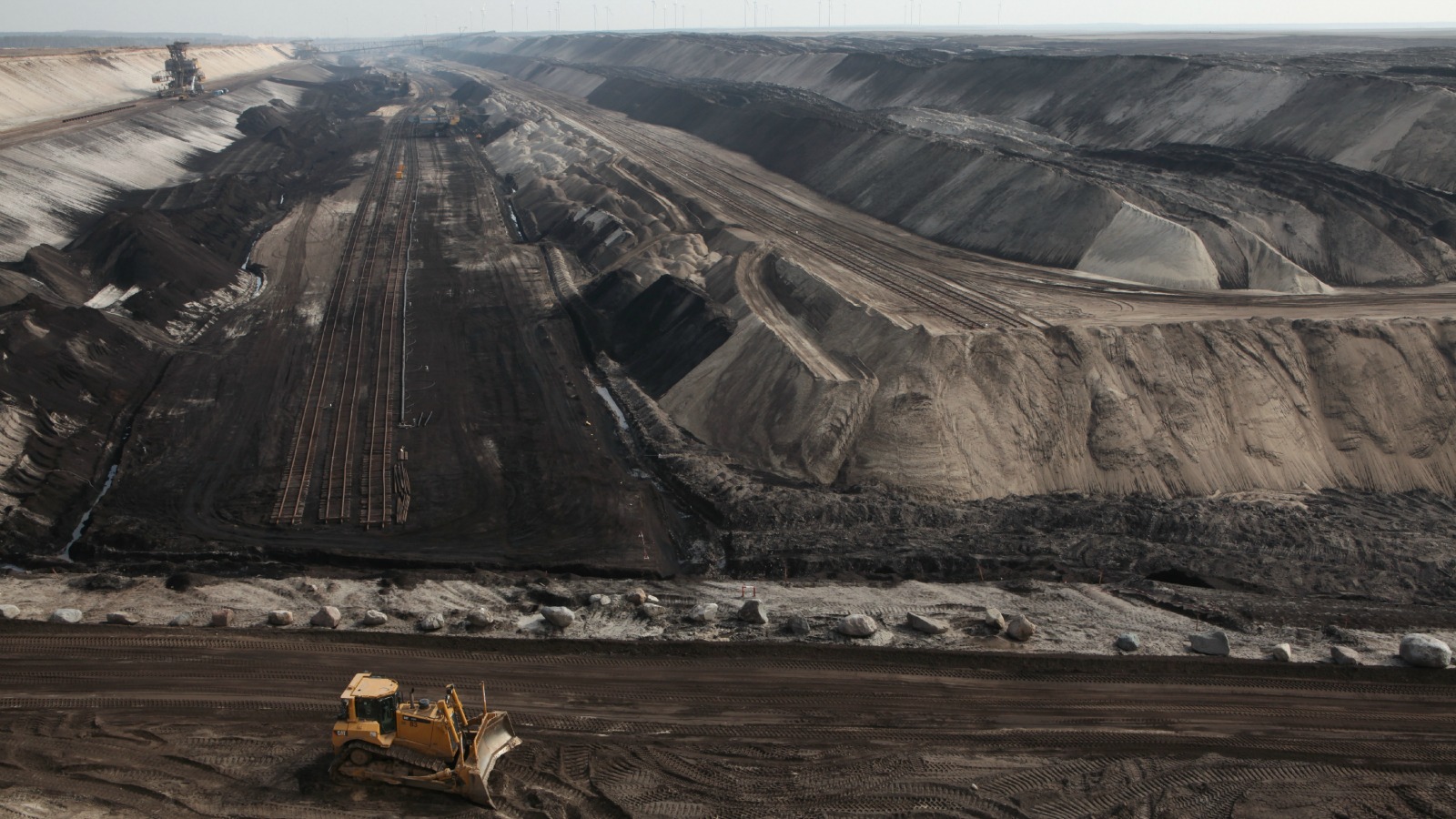This story was originally published by the Guardian and is reproduced here as part of the Climate Desk collaboration.
The head of Europe’s coal lobby has said that his industry will be “hated and vilified in the same way that slave-traders were once hated and vilified” as a result of the Paris climate deal, in an extraordinary diatribe sent to his members and press outlets.
Last weekend, the world’s governments agreed to cut greenhouse gas emissions in a momentous pact aiming at holding global warming to 2 degrees C.
While oil and gas associations professed themselves happy with a Paris agreement they believe gives a fillip to natural gas prospects, the coal industry fears it will be squashed by a clean energy juggernaut.
In his letter, Brian Ricketts, Euracoal’s secretary-general, lashed out at what he called “mob rule” by a cabal of world governments and protesters at the Paris climate summit which posed a threat to democracy itself.
“The world is being sold a lie, yet most people seem to accept the lie, even if they do not believe it,” Ricketts warned. “The U.N. has successfully brainwashed most of the world’s population such that scientific evidence, rational analysis, enlightened thinking, and common sense no longer matter.”
“You might be relieved that the agreement is weak,” he went on. “Don’t be. The words and legal basis no longer matter. Fossil fuels are [being] portrayed by the U.N. as public enemy number one. We are witnessing a power bid by people who see the democratic process as part of the problem and have worked out ways to bypass it.”
Ricketts is an affable and respected figure on the Brussels lobby scene, and campaigners suggested that stress and industry desperation may have played a part in his outburst.
In the aftermath of the Paris agreement, shares in coal firms plunged rapidly. Peabody, the world’s largest coal firm, saw stock values drop 12.6 percent, while Consol Energy holdings was down by 3.3 percent.
Renewable energy companies rose modestly on the markets, with the MAC global solar energy index up 4.5 percent. A Monday morning investor note from Barclays said that “investor momentum around portfolio decarbonization will likely continue to build.”
But the U.S. Oil & Gas Index also increased its value in the first day of trading after COP21, finishing 0.2 percent higher, due to expectations of more fuel switching from coal to gas, a less carbon-intensive fossil fuel.
“An optimist sees in every difficulty an opportunity,” said Patrick Pouyanné, the CEO of French oil giant Total SA. “I’m definitely an optimist; I have to be.”
Beate Raabe, the secretary-general of Eurogas, a trade association which represents BP, Shell, and Total in Brussels, hailed the Paris deal as “a major step in the right direction” and called for new market-based mechanisms to help leverage investment in the industry.
European trade unions, however, raised concerns about the equity of the agreement in a letter sent to the European commission president Jean-Claude Juncker, seen by the Guardian.
“The absence of unambiguous support from the E.U. negotiators towards proposals, for instance from Canada, to retain references to just transition and decent work in the operational part of the agreement has been extremely disappointing,” said Luca Visentini, the general secretary of the European Trades Union Confederation.


